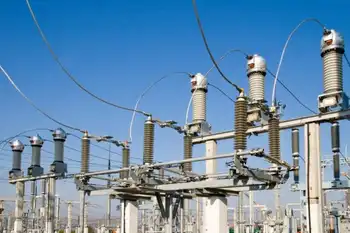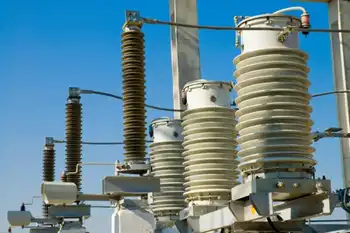Protests disrupt Bangladesh power-plant plan
We do need electricity for development, but not at the expense of destroying sundarban forest.
Campaigners insist on use of clean energy, arguing that the mangrove swamp, which is a World Heritage site, will be damaged by the smoke, ash and noise from the power plant.
Coal is the cheapest option to provide energy to Bangladesh's population of 160 million, a third of which has no access to electricity.
Sundarban, the region with the largest block of mangrove forests, is considered to be already under threat from overpopulation and inadequate infrastructure.
BD Rahmatullah, a former government energy head, said: "We are fighting not for coal-based power station but for power to be produced from clean source energy -- that is wind, solar and biomass."
Bangladesh, vulnerable to climate change, has witnessed millions of lives and acres of crops affected from flooding and extreme heat. "We do need electricity for development, but not at the expense of destroying Sundarban forest," Ummau Habiba Benazir, a protester, said. She said use of coal would harm the country's natural forests.
Related News

Iran, Iraq Discuss Further Cooperation in Energy Sector
TEHRAN - Aradakanian has focused his one-day visit to Iraq on discussions pertaining to promoting bilateral collaboration between the two neighboring nations in the field of electricity, synchronizing power grid between Tehran and Baghdad, cooperating in education, and expansion of power networks.
He is also scheduled to meet with Iraqi top officials in a bid to boost cooperation in the relevant fields.
Back in December 2019, Ardakanian announced that Iran will continue exports of electricity to Iraq by renewing earlier contract.
"Iran has signed a 3-year-long cooperation agreement with Iraq to help the country's power industry in different aspects. The documents states at…





